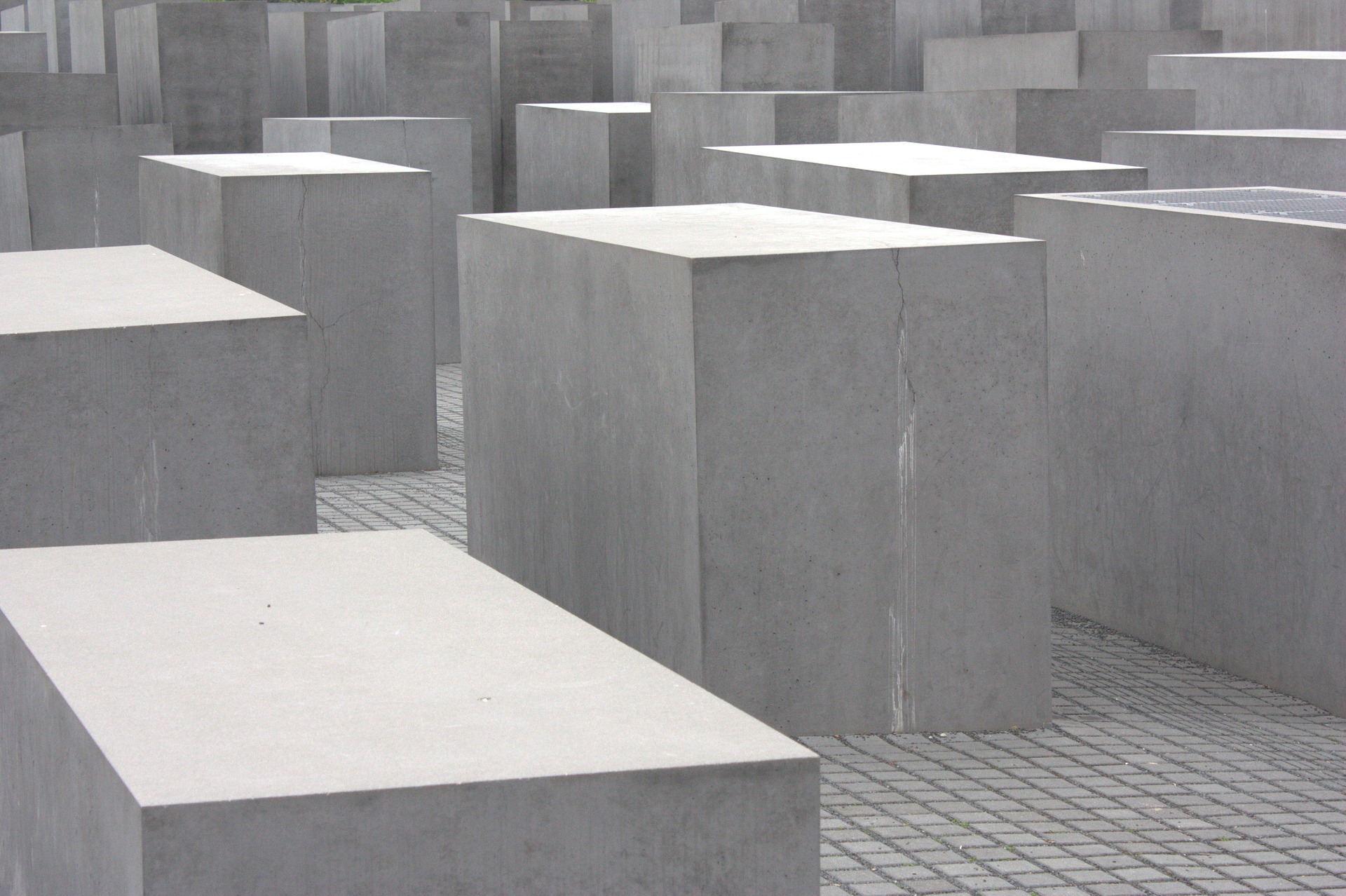Researchers at MIT have developed a concrete mixture that can store electrical energy.
The researchers say the mixture of water, cement, and carbon black could be used for building foundations and street paving. Such structures could act as batteries that store excess energy from wind and solar panels that produce electricity intermittently. In theory, the concrete could be used to create roads that store solar energy and then release it to recharge electric cars wirelessly as they drive.
The technology is still in the development stage, having been tested on a small scale, but researchers are working to scale it up. Researchers have been able to store a little under 300 watt-hours per cubic meter, an amount that can power a 10-watt LED lightbulb for 30 hours. When scaled up to a foundation with 1,060 to 1,410 cubic feet of concrete, it could meet the daily energy needs of a house, researchers believe.
The concrete batteries discharge power quickly and are not ideal for steady output. Researchers are modifying the mixture to address this problem.







